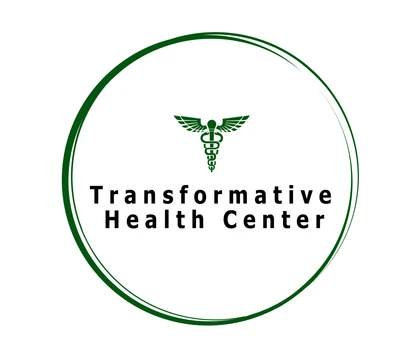Marijuana is popular among many Americans. However, it is a controlled substance and the U.S. Federal Law prohibits the use of marijuana for any reason whatsoever. In recent years, some states have legalized marijuana use for potential medical purposes.
More than two-thirds of the United States and the District of Columbia allow marijuana for its possible uses for medical needs, and more are fronting bills to do the same. In some states, you can use marijuana to potentially alleviate pain, nausea, and other conditions, provided you qualify per state laws.
Not everyone qualifies to use medical marijuana. You need the approval of a certified practitioner to be allowed to use medical marijuana. Additionally, not all symptoms are applicable for using of this substance.
You can find out whether you qualify to use marijuana medically.
What is Medical Marijuana?
Medical marijuana or medical cannabis refers to the derivatives of cannabis sativa that may have the ability to relieve severe and chronic symptoms. While marijuana contains many active compounds, only THC and CBD are critical to medicine. THC gets you ‘high,” but CBD is non-psychoactive.
U.S. Regulations on Medical Marijuana
Federal law does not allow any kind of marijuana use. You cannot use cannabis sativa or its products for recreational or medical purposes. However, the federal government makes an exemption for cannabidiol (CBD) with less than .3% THC.
A good number of states, approximately 75%, allow citizens to use THC marijuana as a potential remedy for specific medical symptoms. However, federal law about cannabis supersedes statutory regulations. You might risk arrest even in states where medical marijuana is legal.
FDA and NIDA Regulations
The FDA acknowledges the potential of using cannabis for medical purposes with any adverse repercussions in mind. The agency approves Cesamet (nabilone), Marinol (dronabinol), Epidiolex (cannabidiol), and Syndros.
Patients can only get these drugs after a prescription by a qualified and licensed medical practitioner.
Epidiolex how shown promise in treating severe epilepsy or seizures associated with Dravet syndrome and Lennox-Gastaut syndrome. Marinol, Cesamet, and Syndros are suggested during cancer chemotherapy and anorexia-related weight loss in people suffering from AIDS.
The National Institute on Drug Abuse (NIDA) is skeptical about medical marijuana due to the possible long-term effects of cannabis, like addiction. The FDA needs to enhance the regulation by treating medical marijuana like any other prescription drug.
Treating Various Conditions and Symptoms
You may qualify to use medical marijuana for several symptoms or conditions. However, you must beware of your state’s regulations since they vary. Depending on state regulations and the approval of a healthcare practitioner, you may qualify for the following conditions:
- Severe nausea
- Glaucoma
- Cancer
- Alzheimer’s disease
- Muscle spasms
- Anorexia, appetite loss, and other eating disorders
- Severe and chronic pain
- Wasting syndrome
- Crohn’s disease
- Epilepsy
- Seizures
- Multiple sclerosis or ALS
- Schizophrenia and PTSD
The list of symptoms and conditions above is not exhaustible. Researchers are working to study the applicability of using marijuana for other diseases.
How Could CBD or Medical Marijuana Work in the Body?
Cannabinoids (CBD) may help:
- Reduce anxiety
- Stimulate appetite among cancer or HIV patients
- Slow tumor growth
- Reduce pain
- Kill cancerous cells, and
- Relax muscles
How To Use
- Pills
- Smoking
- Vaping or inhaling
- Through edibles
- Skin application like a lotion
- Oral solution
Possible Side Effects of Medical Marijuana
Although medical marijuana is safe, you might experience some side effects, such as:
- Heightened heart rate
- Hallucinations
- Higher appetite
- Recurring nausea and vomiting
- Apparent addiction
- Poor concentration and memory
- Low blood pressure
- Dizziness
- Poor judgment and coordination
- Lung and other respiratory diseases due to smoke inhalation
Yes, You Qualify!
The use of marijuana for potentially aiding in a number of medical needs is becoming more viable throughout the United States. Although federal law prohibits the use of marijuana, most states have allowed cannabis for specific conditions mentioned herein.
It is advisable that you know state regulations and seek the guidance and approval of a licensed doctor before opting for this type of medicinal treatment.
Contact Transformative Health today to learn more about medical MMJ or fill out the form below:
- 225-888-4041Interested in Learning More?
 Skip to content
Skip to content


